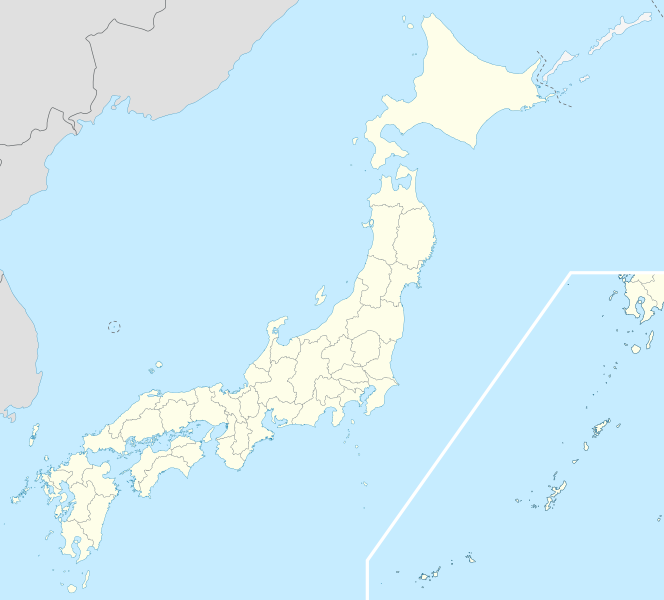There is no denying the plethora of research that goes on at UMBC by students and faculty alike. This semester is no exception, with two prime examples of current research in the humanities and social sciences that intuitively explore the relationships between culture and language in a global context.
A 2018 Dresher Center Graduate Student Research Fellow and MFA Candidate in Intermedia and Digital Arts, Aimi Bouillon has focused her research on tracing back to her roots. Born in Okinawa to an American soldier father and native Japanese mother, Bouillon has a unique culture of “the oppressed and oppressor” within herself.
The Ryukyu Islands are south of mainland Japan, consisting of 55 islands separated into three regions: Amami, Okinawa and Sakishima. Of these islands, Okinawa is the largest, measuring about 275 square miles. In Bouillon’s ongoing research project, “Finding Ryukyu,” she is using historical documents and digital photography to convey the transliterated histories of the Ryukyu language and its evolution throughout history.
There are many words in the Ryukyu language that “a lot of people my age just don’t know anymore,” Bouillon explained. A lot of the native language is fading into memory and being buried by Japanese and U.S. Military terms. Bouillon’s goal is to dig up these Ryukyu words through photographs and digital art.
Her research asks, “How can we derive meaning from the Okinawa landscape?” There are many Ryukyu words that convey the native people’s spirituality and culture that were based around nature and matriarchal values.
Bouillon is also interested in “how names are placed.” Ryukyu was once an independent kingdom of islands, until the 1609 Satsuma clan invasion. Bouillon points out the parallel between the clan’s invasion and the implementation of the U.S. Military in 1945 Japan.
After 1945, the Ryukyu Islands’ American names morphed from “The U.S. Military Government of the Ryukyu Islands” to “The U.S. Civil Administration of the Ryukyu Islands.” Bouillon explained that only one Japanese aspect changed as the English name changed: its government to people.
Bouillon’s research has shown her that language, especially names, has significance when discussing oppression and loss of culture. Language is such an integral part of cultural preservation, and so it will be interesting to see Bouillon’s final documentary project.
Another ongoing research project is being done by John Rennie Short, a UMBC Professor of Public Policy. He is exploring cartography throughout history and the notion that “maps [hold] claims to power.”
Short is particularly interested in studying National Atlases from around the world and seeing how they helped create an imagined community. He describes these atlases as imperative vessels of national sentiment, as in the cases of the Atlas of Pakistan. Once it escaped from the colonial yoke, Short explained, Pakistan created an Atlas to show off their newfound independence.
The Atlas of Cuba in 1949 and the Great Soviet Atlas during the early Cold War are prime examples of certain countries making claims to power through cartography. Brazil, Argentina, Finland and Sri Lanka have also used the atlas as a “narrative of nationhood, bio-politics, population, and environments.”
Short plans to continue his research in historical cartography and explore how nationalism is conveyed through these documents. The next Dresher Center for the Humanities lecture, “High-Tech Housewives and H-4 ‘Dreamers’” will be on Dec. 5.


